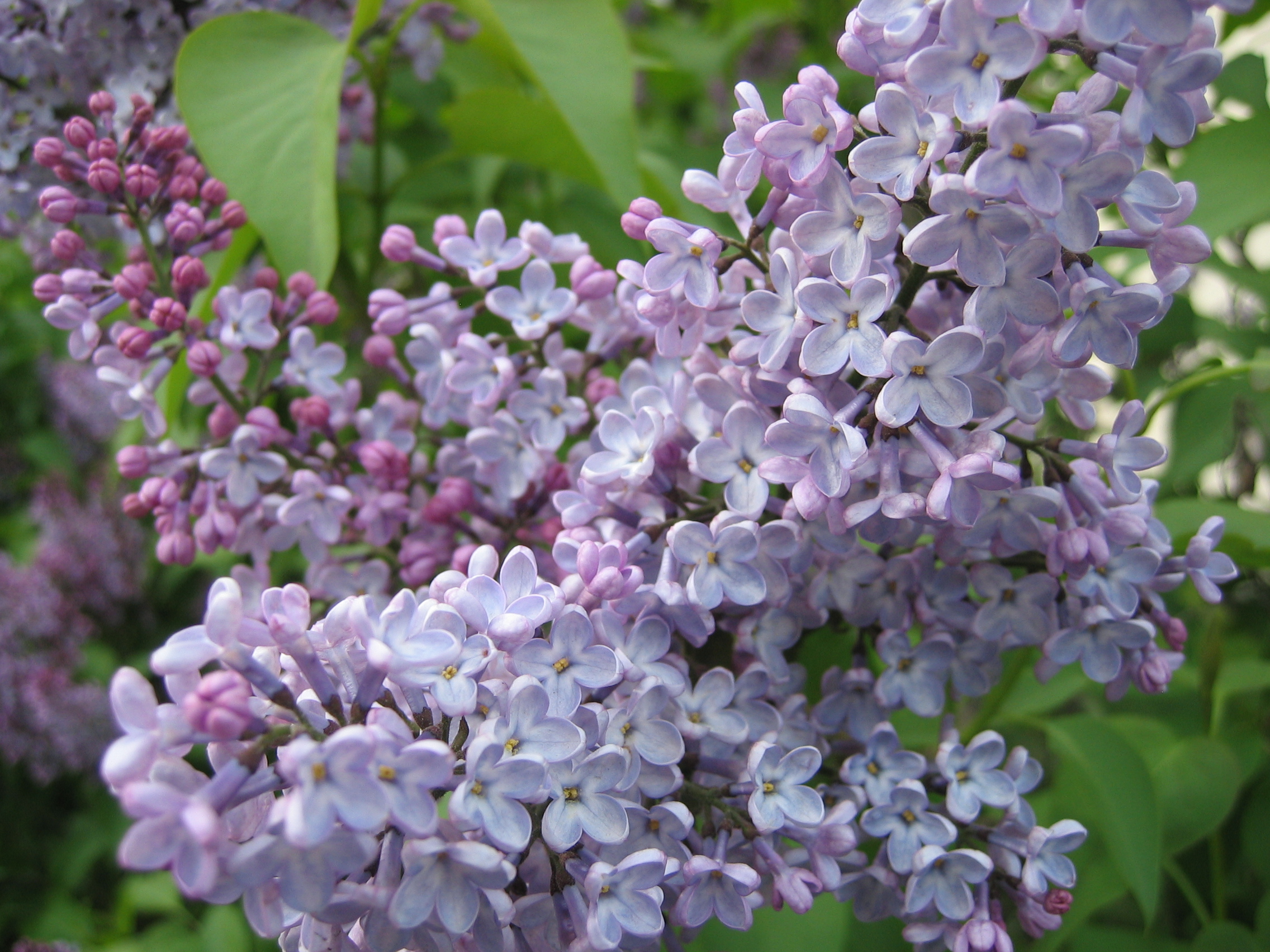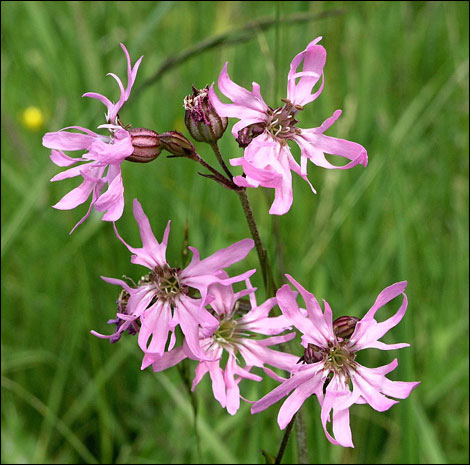Can't find it online.
By the middle of the first strophe, I want to punch the Poem Lady directly in the face. Witness:
She is too weak to walk herself; she comes swooning
from a room thick with the scent of sinister blooms:
hellbores, opium poppies, lilac, pallid orchids.
And:
She writes of her weakness, of her womb
which is connected to the moon by silvery strands,
and her sacred suffering self, her sensitivity,
her swollen heart, which bleats like a sacrificial lamb.
Barf. (This is not a complaint about the poem; just a complaint about the character of the Poem Lady, whom I'm pretty clearly meant to dislike anyhow.)
There's lots of interesting flower symbolism. (I'm going to do the photo trick again, because I find that it really helps to know what the flowers in poems look like.) So first, flowers that the Poem Lady likes.
Here's hellbore.

According to Wikipedia, there's a legend claiming that hellbore "sprouted in the snow from the tears of a young girl who had no gift to give the Christ child in Bethlehem." This seems completely in keeping with the Poem Lady's character.
Opium poppies, of course, are what you use to drug yourself with. Here is a pretty red one.

I'm not sure what the lilacs are meant to represent. Wikipedia says that they are a symbol of love, and also that they are the state flower of New Hampshire.

I am not sure whether a "pallid orchid" is just an orchid that is pallid, or whether it's the common name of something. (Google suggests the former.) Orchids are delicate, temperamental cultivars, much like the Poem Lady. Here's a Cattleya cultivar. (At my house, I have a Dendrobium hybrid, exact type unknown, which I have managed not to kill for three years. I think it is hardier than the Poem Lady.)
Our narrator brings the Poem Lady "a bouquet of peasant flowers", but "they [turn her] away with curled lips and curses". What's in the bouqet?
First, there's Piss-a-Bed, which I recognise from Griffiths' other poems as a rustic name for dandelion!

Then, there's Ragged Robin, a marshy plant originally native to England.

And finally, there's corncockle.

The Poem Lady writes "fragrant words", such as:
amaranth, muscatel, damascene, vermillion, amber
Amaranth is a useful herb; probably the poem lady is thinking of it in its capacity as an ornamental plant. (You can also eat it, though: yum.) Muscatel is a tasty, fragrant grape. Damascene can be steel, but I think it's more likely that the Poem Lady is thinking of the kind that is silk. Vermillion and amber are colors (a red and a yellow, respectively) named after minerals. All very sensuous words.
Although I love reading about the poem lady and her ridiculous delicacy, and her ornate words, I'm a bit disappointed by the ending of this one. What Griffiths says at the end is already amply clear from the earlier bits of the poem.
O Poem Lady, may we be forgiven if we hymn life
instead of celebrating the sickroom. O, help us
to wallow in unease and depression and shadows
as we should. For ever and ever, lest poetry die.
I was hoping to see her take it in a new direction, and add some depth to the narrator's alternative to the Poem Lady. I thought the bouquet of peasant flowers a much stronger positive image than the ending, and wished she had built up that aspect of the poem a little bit more.





